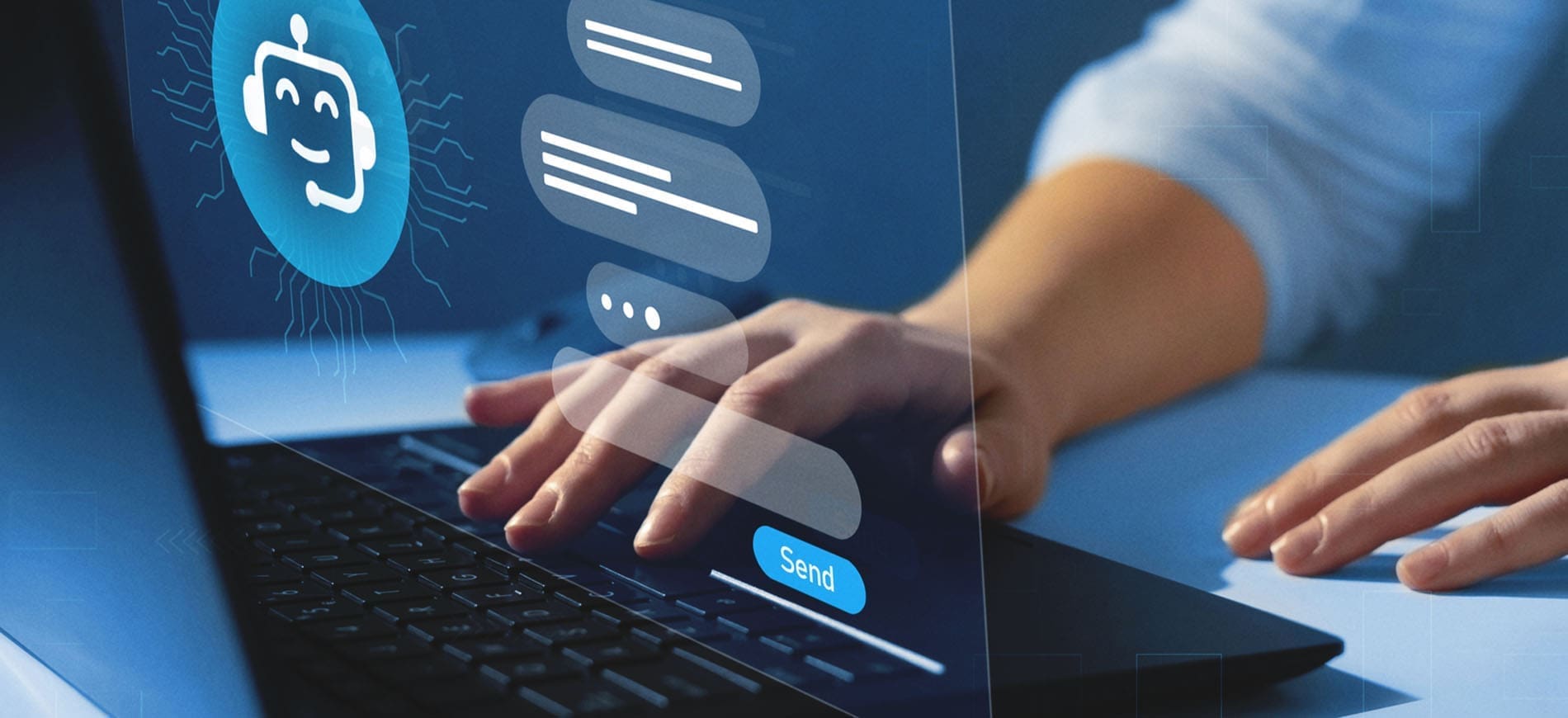On 22nd October we hosted Mintel’s Big Conversation on Technology Transformations in our London office. The sessions started with presentations from myself and Senior Tech Analyst, Paul Davies. We were also delighted to be joined by two guest speakers, Dave Coplin – Chief Envisioning Officer, Microsoft UK and Emma Higham – Industry Analyst, Media Buying Solutions, Google.
There was a lot of debate on the day, here are our top three outcomes from the session…
How will the rise in smartphone ownership in the UK affect m-commerce?
Only 13% of UK smartphone users are comfortable making expensive purchases using this device, with screen size a major bugbear among consumers, who are simply unwilling to make complex, big ticket transactions using their mobile phone. A further 38% worried about the security of submitting payment details using a smartphone.
So if smartphone users are uncomfortable making expensive purchases online where do smartphones fit in within the online shopping process? Smartphones are primarily used as a browsing tool – with 32% of consumers using their smartphone/tablet to browse online. With more people using smartphones within the earlier stages of the shopping journey, bricks-and-mortar retailers can take advantage of location-tracking systems such as Apple’s iBeacon software, allowing them to contact smartphone users as they shop.
Although smartphones are yet to be seen as a device for large scale commerce, shopping is gradually becoming more mobile thanks to the increased size of flagship smartphones such as the 5.5” iPhone 6 and the 6” Google Nexus. Furthermore the rise of tablets, which are now in more than half of homes in the UK, have driven participation in mobile shopping. However whether tablets should be included within the ‘mobile’ category should be questioned, as 39% of tablet users say they rarely shop on their device outside of the home.
How can brands manage their communications when consumers have access to so many digital touchpoints?
The perfect brand will be monitoring ways in which the consumer tends to contact them, using intelligent systems to identify the device most commonly used and pre-empt the best way to respond in kind. For example, a user on a smartphone who approaches a brand for information, perhaps by tweeting an official account, is going to be significantly less likely than a user on a tablet to be happy to be redirected to a brand’s website.
A message, sent through a popular messaging app, or a tweeted response with the crucial information in, is more appropriate. An email follow up with a link to the relevant portion of the brand’s website can then be sent for when the user is on a tablet at home.
How are people coping with the onslaught of information available due to technological developments in the workplace?
These are the 4 most common coping mechanisms and the ways in which they prevent us from maximising value.
Skimming – The endless search for more and more information means we rarely take the time to think deeply about the content we find, choosing instead to skim the surface, convincing ourselves we do not need to know the context of everything.
Snacking – With the increase in distractions in the form of mobiles and never-ending e-mails we also find it increasingly difficult to complete one task without checking our emails or phones. This means we rarely fully digest new information, instead we tend to merely snack on small snippets.
Filters – We are losing a sense of discovery as complicated algorithms show us information which they think we will like, based on our past search history.But the question is; in a world where you only get shown what you like, how do you find the things you don’t know you like?
Multi-Tasking – We think multi-tasking is an essential survival skill for the 21st century, what we fail to recognize is that multi-tasking is an entirely computer based concept. Studies have shown that the average human being is a third less efficient when multi-tasking.
Technology Transformations was part on an ongoing series of Mintel in-house”Big Conversation” client events, exploring our latest research, trends and analysis and exploring how these are playing out in the consumer marketplace. For further info on where tech is going in 2015, see Mintel’s 2015 Consumer reports and to find out more about how you can become a Mintel client to attend future Big Conversation events click here.
















![[LISTEN] Tech at Mintel: A Tech Leader’s Journey to Success and Inclusion](https://www.mintel.com/app/uploads/2023/08/Tech-at-Mintel-Sound-Waves-Podcast.jpg)






















